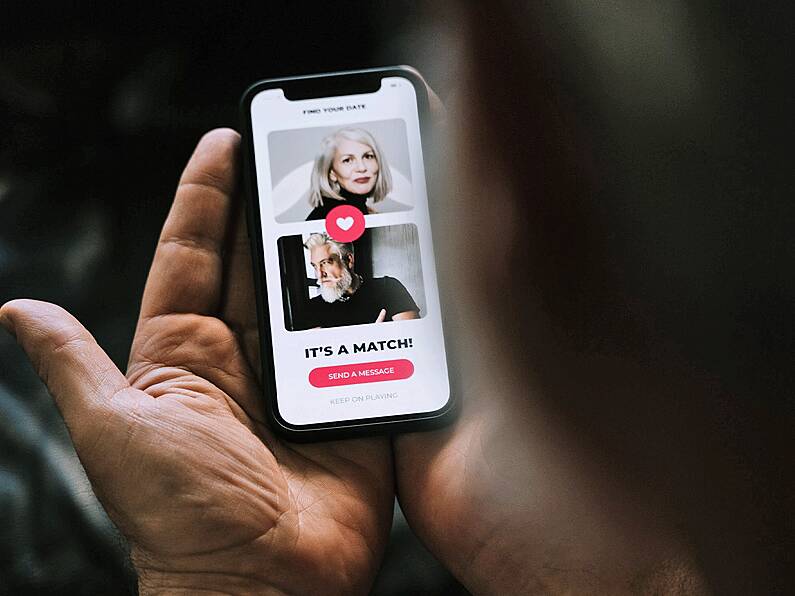A Waterford man has spoken to Wired UK about his experience in "catfishing on an industrial scale."
19-year-old Liam* had been desperate for work during the pandemic and ended up being paid to scam both strangers and people he knew, using fake virtual personas.
Speaking to journalist Laura Cole, Liam explained how he had applied to an advertisement for a "freelance customer support representative" with a company called vDesk. During the job interview, Liam was asked how he felt about moderating dating sites, so he accepted the job offer thinking it would be"moderating harmful content on Tinder, [or] something like that."
Soon enough, the Waterford teenager was spending his working day adopting fake personas to lure people into paying for romantic conversations. Wired UK reports that Liam was just one of hundreds of "moderators" employed across the globe to use sophisticated fake personas to extract money from "lonely hearts".
Moderators would switch personas every two minutes, adopting a middle-aged divorcée one moment, and a flirty teenager the next. Each persona has detailed notes attached for every conversation, so a real connection can be maintained. Stock photos are attached to each fake virtual persona too, so moderators can use images to make their fake persona seem even more real.
It is reported by Wired UK that the practice generates profit by inviting online daters to pay for "coins" to use an online dating portal. For example, an online dater could buy €10 worth of coins, and send a message to another profile for €2 a message. Soon enough, many lonely people are paying hundreds of euro to have conversations with virtual profiles that they believe to be real-life people.
The article states that, once Liam realised that he was being asked to scam someone he knew personally, he had a change of heart. Seeing an old rugby friend on his computer screen he couldn't continue with the level of exploitation involved. It is reported that he handed in his notice after seeing his old friend being manipulated.
"One (user) was talking about suicide and how the fake woman had saved him, now he'd found love," he told Wired UK.
The company vDesk had been contacted by Wired UK for comment but did not reply. To read more detail about the practice of "industrial catfishing" visit the Wired UK article here
*Liam's name was changed to protect his privacy.
Keep up to date with all the latest news on our website Beat102103.com.






